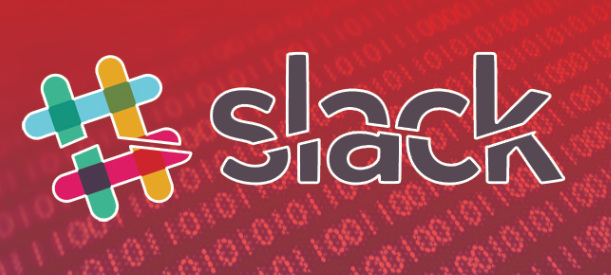
Slacking Off – Slack and the Corporate Attack Surface Landscape
Raveed Laeb, Product Manager
Some media reports stated that last week’s Twitter hack was facilitated by an attacker who fished sensitive credentials from within the company’s internal Slack – essentially leveraging the instant messaging app as a vector for initial access.
Credentials to over 12,000 Slack workspaces are available for sale on underground cybercrime markets, representing an explicit threat for thousands of organizations. However, examination of both open-source reporting and cybercrime communities don’t reveal a current, well-established attacker interest in the platform.
KELA assumes cybercrime actors might be having a hard time monetizing Slack compromises since the cloud-based app grants no direct access to a target’s network, and pivoting from it to other internal applications requires a combination of tedious reconnaissance and sheer luck.
The growth of “big game hunting” tactics in ransomware and the monetization of targeted intrusions lead us to believe that interest in Slack – and other cloud-based apps expanding the corporate attack surface – will probably grow in the future.
As such, KELA strongly recommends implementing an automated, scalable monitoring solution that offers insights into cybercrime activities targeting cloud-based apps storing sensitive data.
